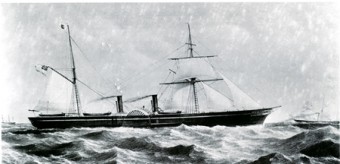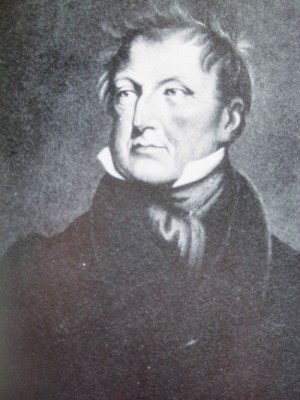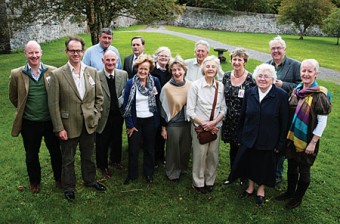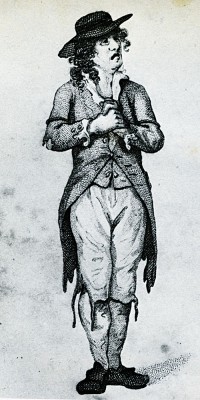Search Results for 'member of parliament'
5 results found.
The Irish sang When Johnny Comes Marching Home...*

Stephen Speilberg’s magnificent film Lincoln made it clear that the Northern States of America, the Union, had justice and right on its side, when it came to deal with the cotton-based slave states of the south. Washington had objected to their attempt to enlarge its slave industry further west. Southern states were enraged at this interference. In an appalling miscalculation some states began to leave to Union, set up their own Confederacy (eventually including 11 states), and prepared to fight for its freedom to choose its own destiny.
Clifden’s Parisian boulevards

The man who opened Connemara to the traveller, and built an infrastructure to encourage trade and commerce in what was a wilderness of bog, mountain, and a rocky sea coast, was the Scottish engineer Alexander Nimmo. He was originally commissioned to investigate the possibility of draining the bogs, and replace them with a landscape of arable land suitable for farming. But Nimmo was the original man who thought outside the box. In his report of 1812 he outlined the total neglect of the region which had about 30,000 inhabitants, mostly living along her coast, eking out a bare subsistence livelihood. But he saw huge potential in the natural wealth of Connemara for tourism, and limited industry. He reported that there were large quantities of fish in its lakes and sea, and abundant seaweed for manure and for the manufacture of kelp. Its agriculture was undeveloped, its bogs badly harvested. All this neglect could be remedied
Has Sir William Gregory been brought in from the cold?

Sir William Gregory of Coole, Co Galway, and the husband of Lady Augusta in his later years, has been vilified unfairly by historians and commentators, said Brian Walker, professor of Irish Studies at Queen’s University last weekend. As the member of parliament who introduced the so called ‘Gregory clause’ as the Great Famine raged through the land, he did so for humane motives; but it was exploited by some ruthless landlords to clear their land.
Humanity Dick’s last battle
Humanity Dick Martin’s daughter, Harriet Letitia, wasn’t the only one to write about her father’s victory at the notorious Galway election of 1826. It was such a blatant hijack of votes, a total fraud, and swindle, that it outraged the investigating committee from the House of Commons some months later. But Martin was desperate. Despite his enormous estates, consisting of 196,540 acres, virtually the entire territory of Connemara stretching westwards from Galway, he was deeply in debt. He was a useless landlord in the sense that his collection of rents was haphazard and irregular. He had a generous heart. He did not press his tenants for money.
‘Fighting FitzGerald’ tests Martin’s humanity

In 1835 Harriet Letitia Martin, the daughter of the famous ‘Humanity’ Dick Martin of Ballinahinch castle, Connemara, wrote a book, Canvassing (published by Saunders & Otley, London), which, I imagine, was avidly read in Galway*. It told the story of the last time her father stood for parliament in 1826. He was successful, but a subsequent parliamentary investigation showed that fraud, trickery, bullying, intimidation, and misrepresentation on a vast scale had taken place. His tenants came into Galway from all over Connemara in a variety of disguises and voted repeatedly. He was dismissed from parliament, and consequently faced the wrath of his many creditors. As a member of parliament he enjoyed immunity from prosecution. Now he was thrown to the wolves.....

